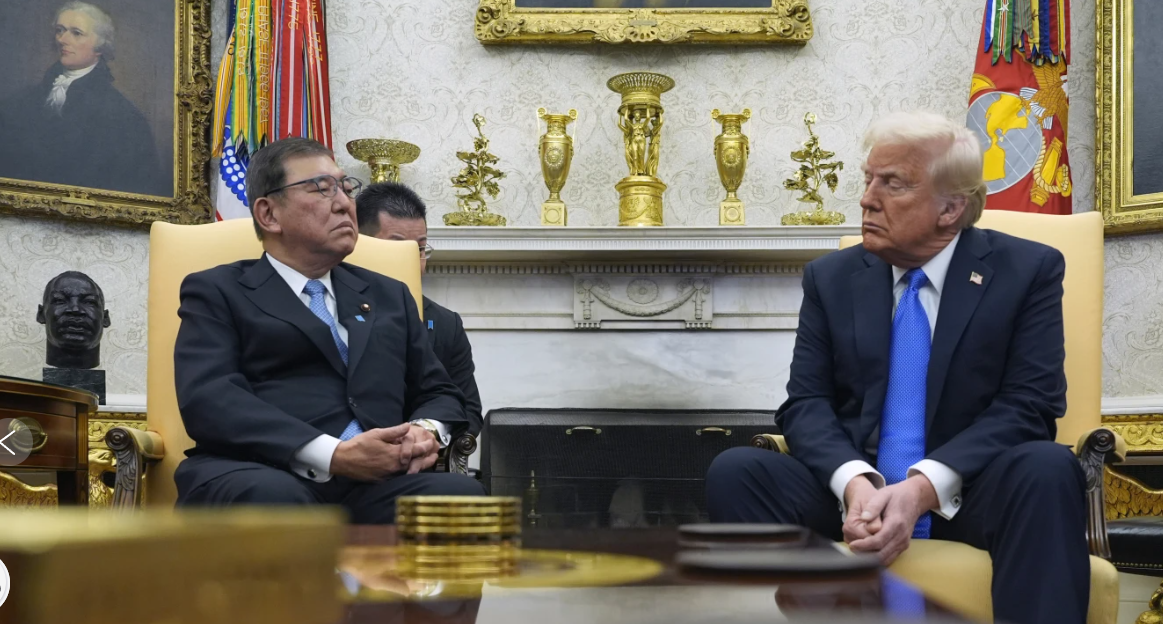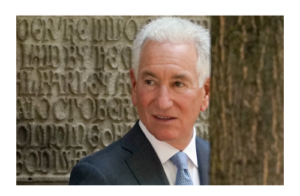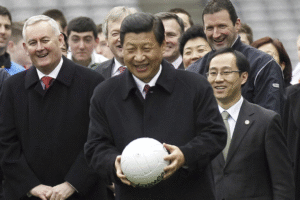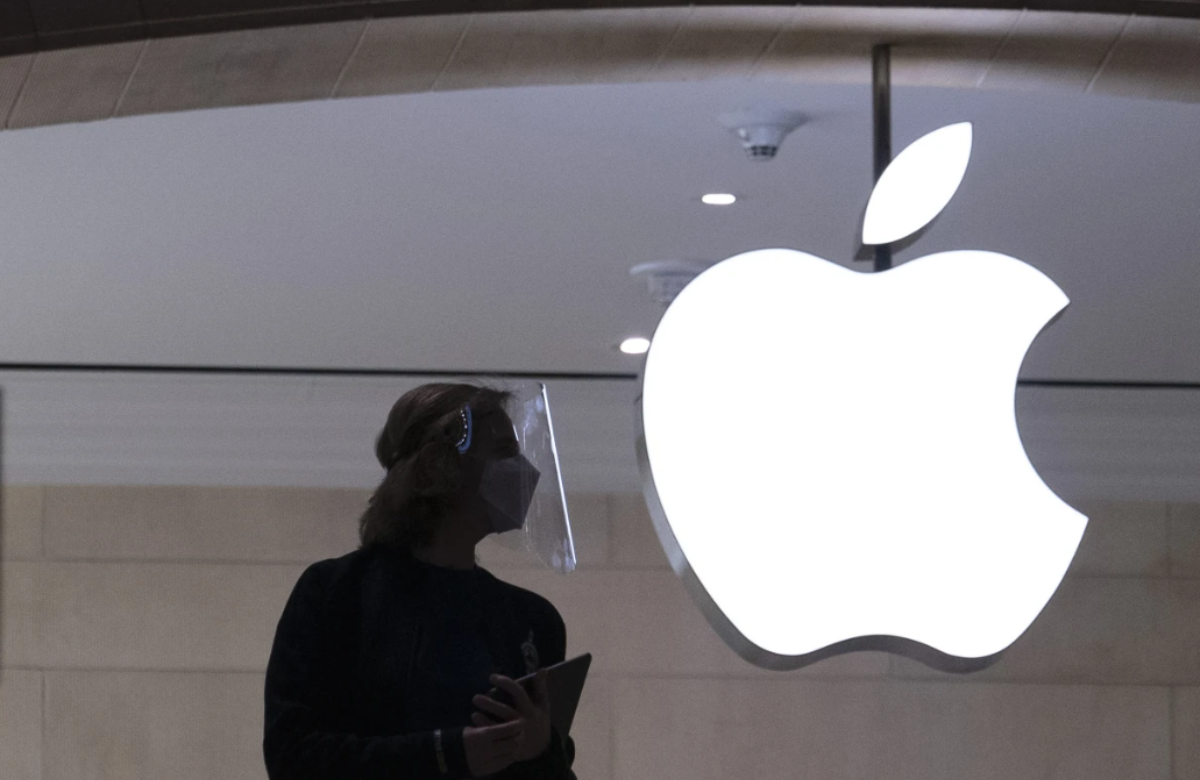Japanese Prime Minister Shigeru Ishiba has been putting in a lot of effort to prepare for his first meeting with President Donald Trump. He recently met with SoftBank CEO Masayoshi Son and OpenAI CEO Sam Altman, both of whom had been hosted by Trump at the White House. Ishiba also sought guidance from his predecessor, Fumio Kishida, and even reached out to the widow of former Prime Minister Shinzo Abe, who had developed a close relationship with Trump, especially during their shared rounds of golf.
Ahead of his trip to Washington, where the meeting with Trump is set to take place on Friday, Ishiba shared his goal: “It will be our first face-to-face talks, so I would like to focus on building a personal relationship of trust between the two of us,” he told reporters. While it’s a difficult task to match the bond Trump had with Abe, who resigned in 2020 and was tragically assassinated in 2022, Ishiba is committed to establishing a strong connection with the U.S. president.
Ishiba, who assumed office in October, will be only the second global leader to visit the White House during Trump’s current term. Israeli Prime Minister Benjamin Netanyahu was the first to be hosted by Trump earlier this week.
Ishiba arrived in Washington on Thursday evening for a brief 24-hour visit. On Friday, he headed to the White House around midday for a meeting with President Trump, which was expected to last just over two hours, including a working lunch and a joint news conference, before he returned to Tokyo.
During their meeting in the Oval Office, Ishiba expressed through a translator that he was inspired by Trump’s resilience, recalling how the president remained strong after surviving an assassination attempt during his campaign when he was shot in the ear.
This quick trip is important for Ishiba as he works to maintain strong relations between the U.S. and Japan, especially with Trump’s return to power and his “America First” approach. Both nations face challenges from China’s increasing economic and military influence in the Pacific, as well as concerns over North Korea’s nuclear capabilities.
In their discussions, Trump plans to address several key topics, including joint military training exercises, boosting Japanese investment in the U.S. economy, enhancing cyber security, expanding space cooperation, and fostering collaboration on critical technologies such as artificial intelligence and semiconductors, according to officials from the Trump administration.
Ishiba, in turn, aims to remind Trump about the enduring U.S.-Japan alliance, especially since Trump has advocated for tariffs on both allies and adversaries to strengthen American manufacturing. Japanese companies are significant players in the U.S. economy, employing nearly 1 million Americans and being the top foreign investor in the U.S. over the past five years.
However, the U.S. faced a trade deficit of over $68 billion with Japan in 2024, a situation that Trump closely monitors, viewing the trade balance as a reflection of the economic fairness and strength of the bilateral relationship, according to a senior administration official who briefed reporters under anonymity.
Defense spending is expected to be a key topic in the discussions between the two leaders. Japan has committed to increasing its defense budget to 2% of GDP by 2027, marking a 60% rise over five years. This target aligns with the spending requirement for NATO members, though Japan, while cooperating with NATO, is not a member.
However, Trump has been urging NATO and other allies to increase their defense budgets even further, challenging them to allocate 5% of their GDP to defense, a goal that will be tough for many countries to meet.
In response, Ishiba may remind Trump that Japan is a significant supporter of the U.S. defense industry, spending billions on fighter jets and missile defense systems. This could help alleviate any concerns Trump might have.
Ishiba also expressed confidence in their ability to build a positive relationship, saying earlier this week, “President Trump is actually a good listener, too. Perhaps we will have good chemistry.”
As part of his preparations for the meeting with President Trump, Ishiba invited SoftBank’s CEO Masayoshi Son and OpenAI’s CEO Sam Altman to his office this week. Last month, Trump had hosted Son, Altman, and Oracle CEO Larry Ellison at the White House to highlight a $500 billion infrastructure investment focused on artificial intelligence by their companies.
During the meeting, Ishiba emphasized his desire to deepen Japan-U.S. cooperation in AI to help create a safer, more peaceful world.
Senator Bill Hagerty, a Republican from Tennessee who served as Trump’s ambassador to Japan during his first term, noted that Ishiba sees this as a key opportunity to re-establish the strong ties between Japan and the U.S. that were forged during Trump’s first administration. “I think Prime Minister Ishiba certainly sees this as an important and critical opportunity for him to reestablish what were exceptional bonds between President Trump and Japan,” Hagerty said.
Former Prime Minister Shinzo Abe was one of the few world leaders to develop a close bond with Trump during his first term, with the two sharing rounds of golf and dinners at Trump’s Mar-a-Lago resort in Florida. During Trump’s 2019 state visit to Japan, Abe took Trump to a sumo wrestling match and arranged for him to be the first foreign leader to meet Japan’s newly enthroned emperor.
Their strong relationship was especially notable given that Trump had once threatened a “big border tax” on Japanese automaker Toyota if it built a plant in Mexico and criticized Japan for not spending enough on defense.
Hagerty, speaking at an event at Washington’s Hudson Institute, suggested that it might be a good idea for Ishiba, who used to golf in high school but no longer plays, to take up the sport again to strengthen his connection with Trump. “I hope that he takes the golf lessons back up again,” Hagerty said, adding, “because I found golf diplomacy to be a wonderful opportunity for us.”













